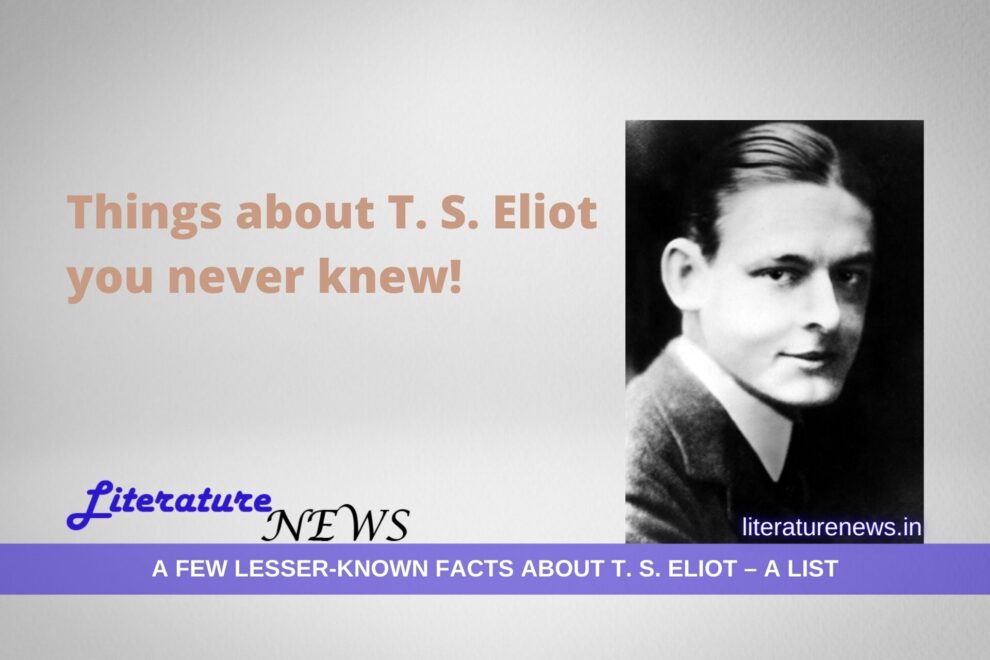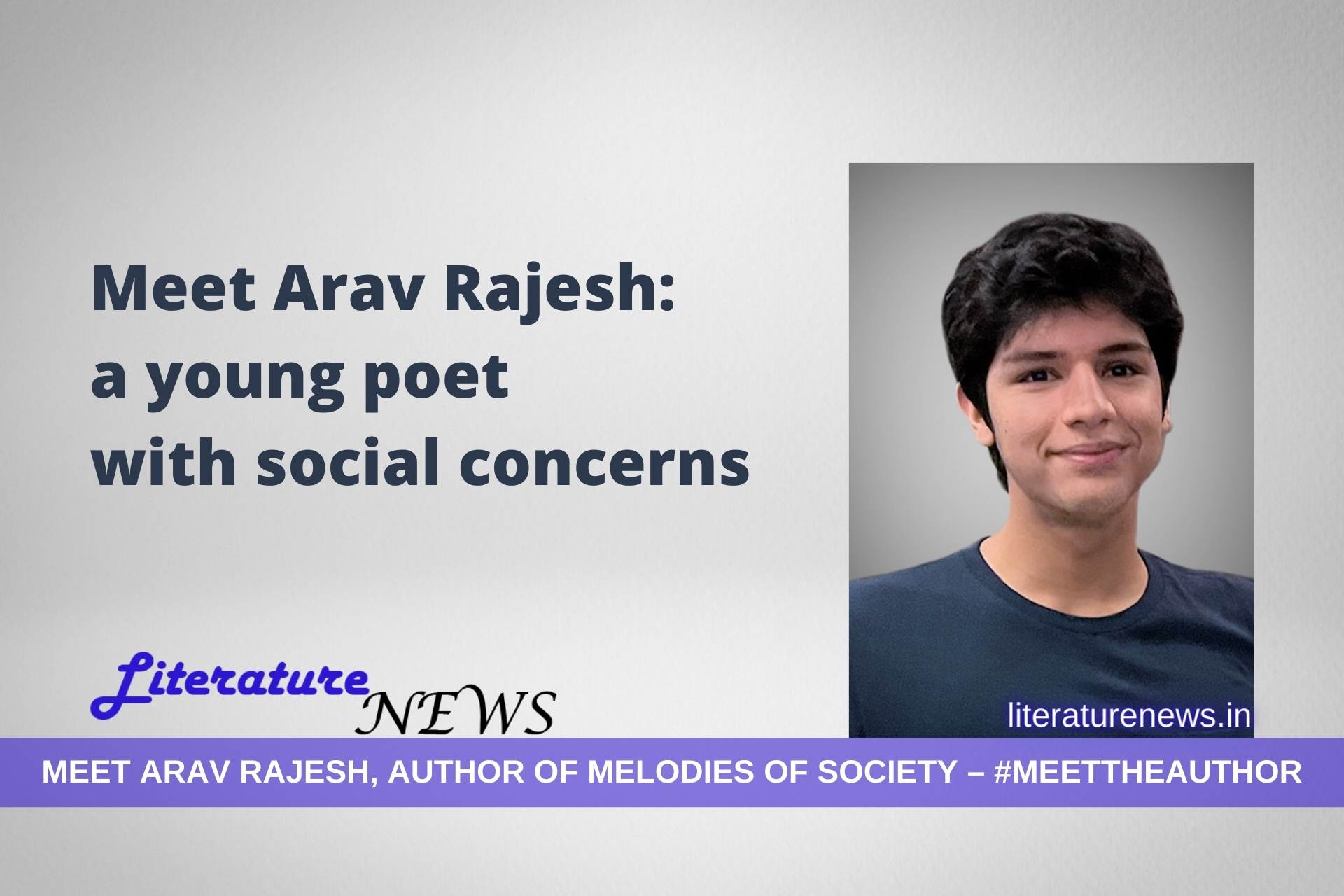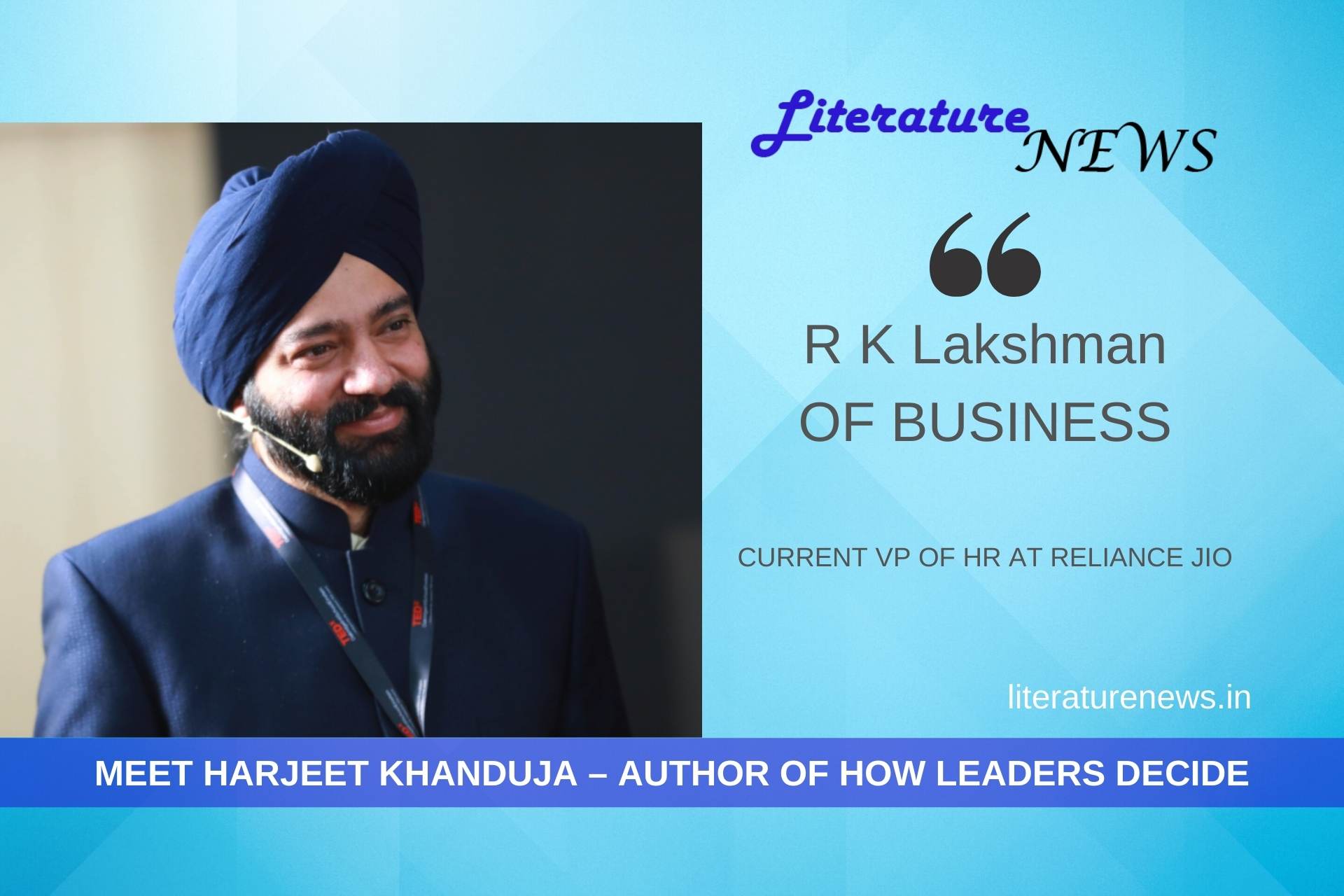T. S. Eliot was a prestigious poet, playwright and very influential literary critic whose influence can be traced from the early 20th century to the present time. Eliot’s poetry, The Waste Land especially, is more than enough to keep his legacy alive for a few more centuries. There are many biographies of T. S. Eliot and many more critical editions of his literary output. However, have you ever wondered what may be some lesser-known facts about his life? Have you ever thought about what might be the secrets or simple things about Eliot that readers may have missed? n this article, we will discuss the same – unknown or lesser-known facts about T. S. Eliot.
- Eliot was born in St. Louis, Missouri, but moved to England in 1914, where he became a British citizen in 1927.
- Eliot did submit his PhD thesis but could not appear for the viva voce examination.
- In addition to his poetry and plays, Eliot was also a highly influential literary critic, and his essays and reviews helped to shape modernist literary theory. He is remembered for his essay Tradition and the Individual Talent.
- Eliot was a deeply private person and rarely gave interviews or spoke publicly about his personal life. He was married twice, first to Vivienne Haigh-Wood and then to Valerie Fletcher. His first marriage, with Vivienne, was rather troublesome. Biographers claim that Eliot knew of an affair between his wife and philosopher Bertrand Russell.
- Eliot converted to Anglicanism in 1927 and became a lay reader in the Church of England. His faith had a strong influence on his writing, and many of his poems explore themes of faith, doubt, and spiritual longing.
- Many critics and literary historians believed that Eliot had an intimate relationship with Ezra Pound, the famous poet. However, the claims may or may not persuade people depending on their preoccupation with Eliot.
- The Waste Land, the original manuscript, had references to buggery, and grotesque and it was very long. Pound shortened it to the published length of the poet. It is also believed by many that the line about marrying and not wishing for children (What you get married for if you don’t want children?) was written or suggested by Vivienne, Eliot’s first wife.
- An avid reader, Eliot was a fan of detective fiction and wrote several reviews of detective novels for The Times Literary Supplement. He also wrote a play, “The Family Reunion,” which features a detective-like character who investigates a mystery.
- Eliot was awarded the Nobel Prize in Literature in 1948 for his “outstanding, pioneer contribution to present-day poetry.” His acceptance speech, “The Human Element in Literature,” is considered one of the most important works of literary criticism of the 20th century.
Eliot had a number of close friends and associates during his lifetime, including Ezra Pound, who was instrumental in helping Eliot publish his early work. Eliot was also close with a group of writers and intellectuals known as the “Bloomsbury Group,” which included Virginia Woolf and E.M. Forster, among others. He was also friends with a number of other writers and poets, including W.H. Auden and Stephen Spender.
How did you receive these conspiracy theories, facts, and critical claims? Do mention in the comments below if you want such articles on other authors and poets. We will bring more. Thanks for reading!
By Manish for Literature News






Add Comment